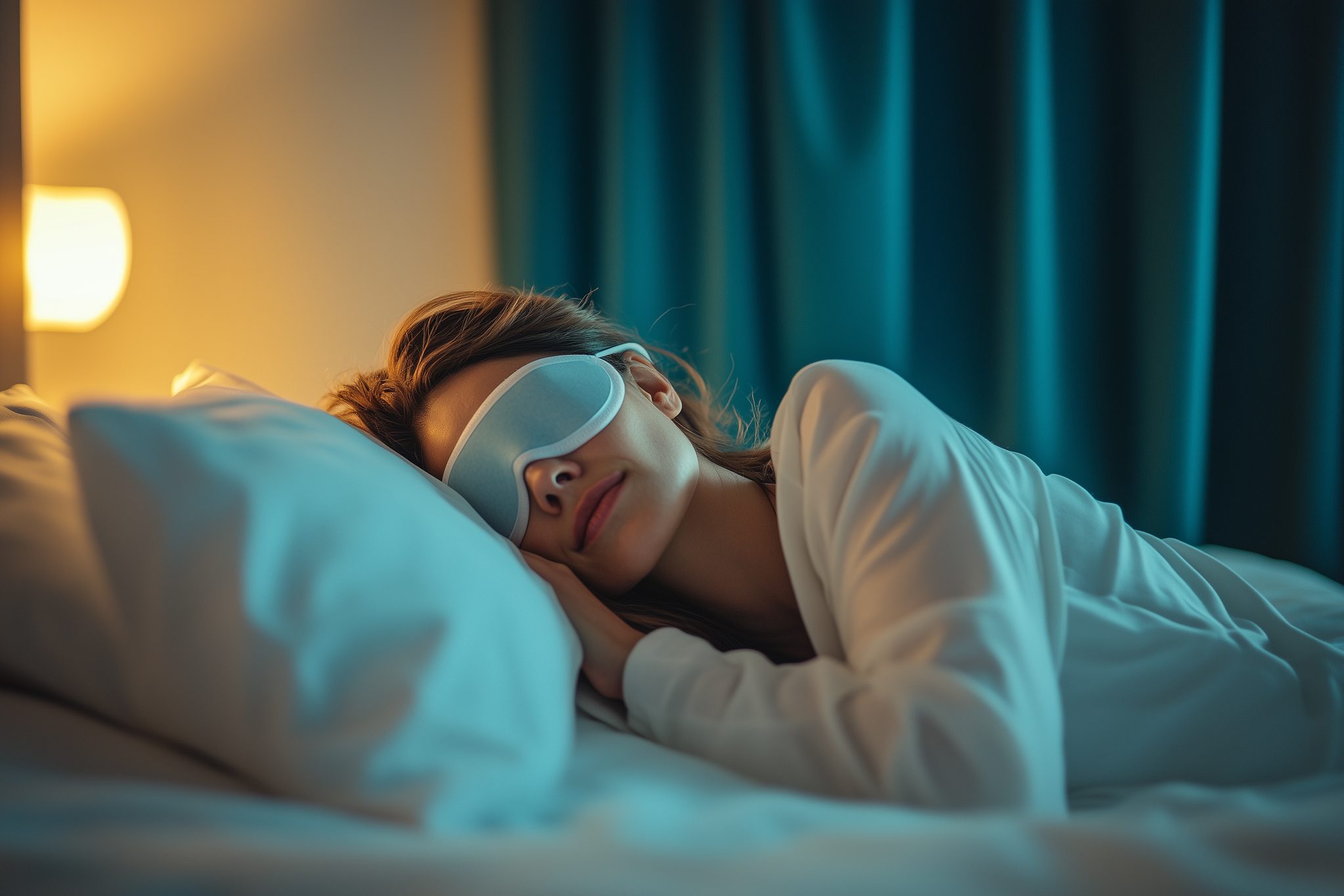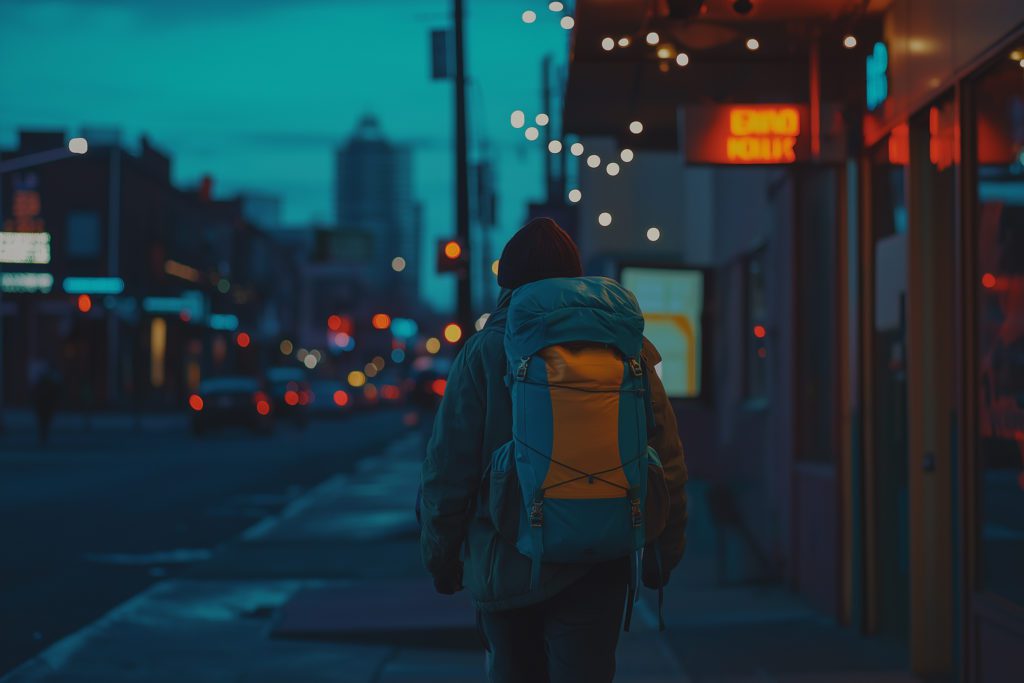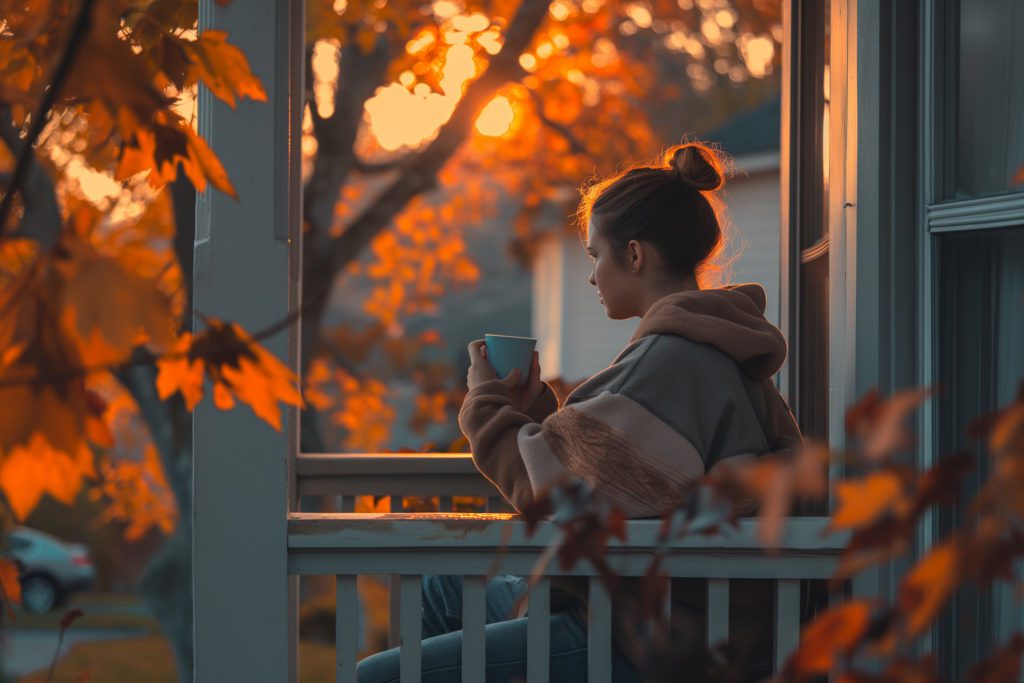
Hotel Sleep Hacks: Tips for Getting Quality Rest Away from Home
If your brain doesn’t fully succumb to sleep when you’re in a hotel, these tips can help you get quality sleep while away from home.

A hotel may primarily serve a role as a place for sleeping, but that doesn’t necessarily mean that sleep is easy to come by in your home away from home. With the strange bed, odd smells, and noises at all hours of the night, you may find that you can’t get rested enough to enjoy your travels.
Since it’s unreasonable to bring your entire bed on the road with you, instead try these tips to get better quality sleep while you’re away from home.
Why Is Sleep Harder to Get in A Hotel?
It’s not in your imagination; sleep truly can be harder to get while you’re away from home because your surroundings are different.
Researchers from Brown University found that both sides of the brain do not go into slumber mode when sleeping in a hotel like they do when you’re sleeping at home. Instead, your left hemisphere stays awake, which can keep you from getting deep sleep. Think of it as sleeping with one ear always alert and listening to the surroundings—you cannot completely succumb to sleep when your mind doesn’t fully rest.
As for why this occurs, it’s because your hotel is a new environment with new smells, sounds, and surroundings. On top of that, there may always be a lingering concern regarding your safety, even if you lock the door.
In good news, this phenomenon is called the “first-night effect” because it’s notably harder to fall asleep your first night in a hotel—each subsequent night becomes easier as your brain adjusts and the surroundings become less “new.”
However, beyond waiting for the first night to pass, you can also sleep better by calming the instinctual part of your brain that anticipates potential threats.
Tips for Sleeping Better in a Hotel
When it comes to sleeping better in a hotel room, the key is staging the room to avoid triggers that emphasize the fact that it’s not your usual bedroom and that you’re outside your comfort zone.
Bring the Smell of Home with You
Your nose is a powerful tool in regard to assessing your surroundings, but you can hack your sense of smell by bringing the scent of home with you.
Smells can go a long way in affecting our mood. For example, studies on lavender essential oil have shown its ability to improve anxiety. Beyond these studies, though, you’ve likely seen the power of scent; think of how baking cookies brings you back to a holiday tradition or how a certain scent transports you to childhood and spending time at your grandparent’s house. In this same way, the smell of your house can help your mind calm down because of the familiarity.
With smells capable of affecting how easily you fall asleep, how long you sleep, and the quality of your sleep, it’s important to use this sense to your advantage. If you typically spray your bed or room before sleep, bring that with you so that you can also use it in your hotel room. You can also bring a shirt that you typically wear to bed, as the smell associated with it will help to trick your brain into thinking you’re at home.
Drop the Temperature
At home, you have control over your thermostat and can set it to your perfect setting; in a hotel room, the thermostat is often preset to a higher temperature. However, by turning down the thermostat, you can cool the room and create an environment that is more conducive to sleep.
Bring Your Own Pillow
You may not be able to bring your own bed, but it’s much more feasible to bring your own pillow.
In one study examining the qualities of hotels that affect good sleep, the researchers found that one of the greatest contributors was uncomfortable pillows—luckily, this is something easily remedied. As a bonus, bringing your pillow means you also bring the scent of home with you.
Pack Earplugs
Whether it’s a noisy AC unit, traffic outside your window, or rambunctious guests traversing the halls in the wee hours of the morning, the noises in a hotel may be affecting your sleep.
Our brains are highly attuned to any noise while we’re away from home, meaning any sound, no matter how small, may cause you to wake up even if you would normally sleep through it. A solution to this challenge is bringing earplugs. They’re small and easily packable, so there’s no reason not to throw them in your suitcase to have, just in case you need to block out some noises.
Yet another way to block out unusual noises is with a sound machine. If you usually use a sound machine or a fan at home, it may be a harsh adjustment if your hotel room has neither, and you have to fall asleep in silence. Bringing a sound machine with you can help to provide the noise you’re used to.
For ease of portability, Pillow offers various sounds in its sound library, letting you bring relaxing and noise-blocking sounds with you no matter where you go.
Cover Lights with Gaffer’s Tape
Gaffer’s tape is a heavy-duty tape that leaves no residue when it is removed, making it perfect for a temporary placement while you’re traveling.
As for why we recommend bringing gaffer’s tape with you on your travels, it’s to cover any disrupting lights from the electronics in your hotel room. Any type of light can interfere with your mind’s perception of night and day, and while you can easily adjust this in your house, it’s harder to do in a hotel room. Gaffer’s tape is the solution since you can simply apply it over any disrupting lights and then peel it away cleanly when you leave.
If you don’t have gaffer’s tape, you could always use a sleep mask instead—it’ll accomplish the same goal.
Stick To Your Bedtime Routine
While there are many adjustments that you can make to your hotel room in order to make sleep easier to come by, one of the most important things that you can do while traveling is stick to your traditional bedtime routine as much as you can. A sleep routine helps to prepare your body for sleep while also cueing your mind into what is coming; by adapting your routine for your travels, you can keep this same similarity, so whatever rituals you perform at home, try to follow them while in a hotel, as well.
Ultimately, doing whatever you can to make your hotel room feel more like home, whether that is bringing along a pillow, turning down the AC, or packing earplugs to block out noises you otherwise wouldn’t hear, will help you sleep better while away from home. Better sleep is essential to ensure your energy and mood are ready for your itinerary, so it’s worthwhile to take these steps to sleep well at night.

Written by
Jessica G
Medical writer freelancer who has written hundreds of articles on varying topics. Masters of Engineering degree in Biomedical Engineering.
Download Pillow
Get help
Press & News
Legal
Connect
X (Twitter)
Company
Copyright © Neybox Digital Ltd.



